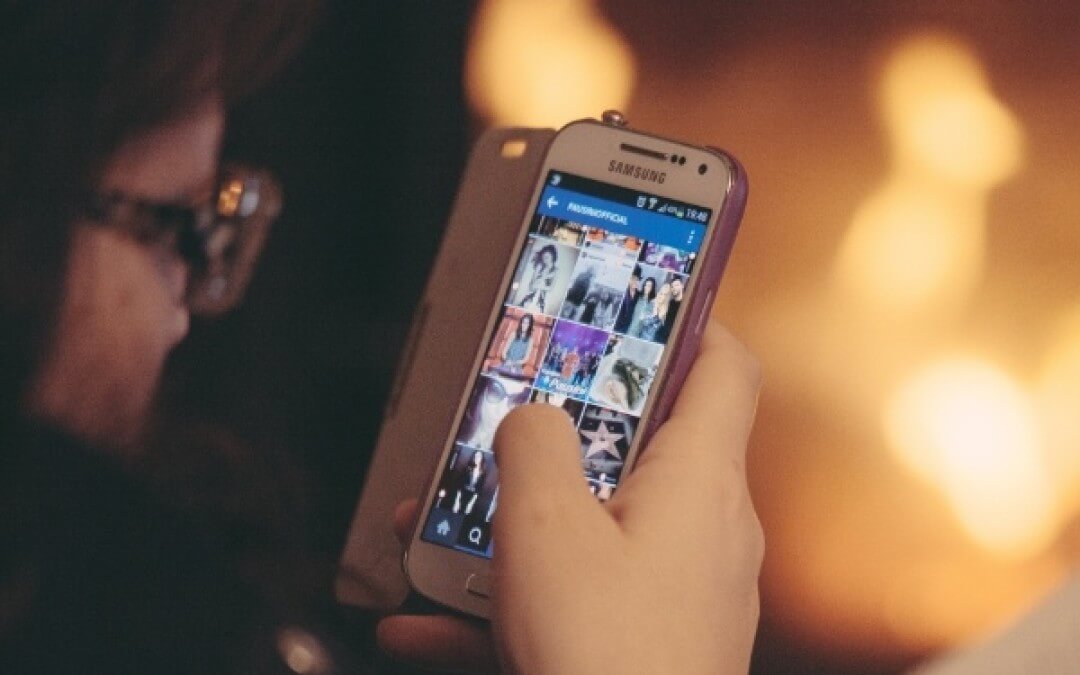As technology evolves, and touches on more of our lives, new and more complex emotions are being triggered.
Pei Ying Lin studied Interaction Design at the Royal College of Art. As part of her project “Unspeakableness”, she took W. Gerrod Parrot’s graphic, “Emotions in Social Psychology” and identified new – and, as yet, unnamed – emotional states resulting from the experience of using the Internet.
Have you ever experienced these unnamed feelings?
Between surprise and anger – a sudden and irrational rage in response to reading a Twitter reply?
Between torment and anxiety – a vague and gnawing anxiety when activity in an IM window has lulled?
Between despair and anxiety – the state of being “installed” at a laptop for an extended period of time without purpose, characterized by blurry, formless anxiety undercut with something hard like despair?
Between disappointment and isolation – the sense of fatigue and discontent that one experiences after emitting a tremendous stream of content only to hit some kind of wall and forget and/or abandon the entire thing?
Brands Can Create Unique Branded Emotions
The most powerful brands evoke a distinct emotional aura, which are based on what their products do, the feelings that come from dealing with the company, and the outcomes from owning and using the brand’s product.
A brand comes to own an emotion (e.g. understood) when it melds the emotion with its purpose (a reason for being beyond generating profit and shareholder value). This combined emotion mutates into something totally unique when it is wrapped around the “what” (products) and the “how” (operations, service approach) of the business.
Emotions as Unique as Your Brand
The result is a unique set of feelings that exude from an emotionally meaningful brand’s presence, attitude, and behavior. By triggering these unique feelings at every moment of truth, emotionally meaningful brands become more and more appealing, differentiated, and competitive.
The end game is to come to own a feeling that enters the culture, as when people say things like, “This is what it would be like if Brand X made this stuff”.
Emotive Brand is a San Francisco Branding Agency





